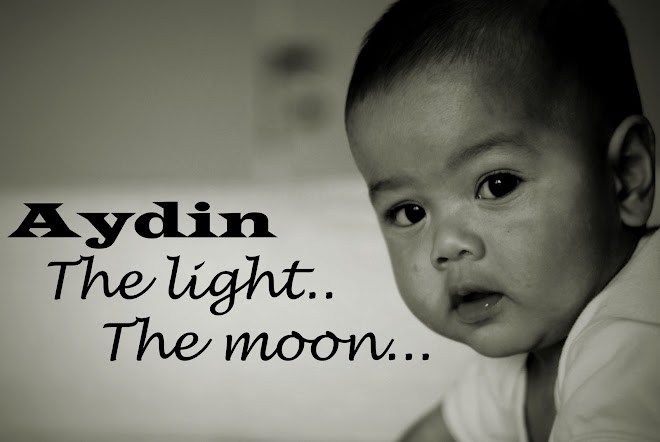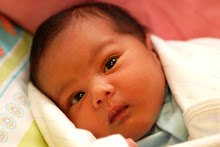Today’s article in the Brunei Times of the abandoned baby girl in RIPAS urgently needing breast milk to have a chance at survival tore at my heart. I understand that this is also a plea for the mother to come forward and claim her child with the hope that she feels some kind of responsibility to her baby. But then she did choose to abandon this child, so the chances of her materialising to care for her sick baby are, unfortunately, slim.
In other countries like the US, Canada and Austrailia, there are institutions like the National Breast Milk Bank. Their website reads; “The National Milk Bank (NMB) is a nationwide organization that collects donated human milk, ensures milk safety and quality and makes it available for infants in need. We strive to make quality human breast milk available to all premature and critically-ill babies. Our goal is to provide an opportunity for all qualified donors across the United States to donated their milk by making the donor process convenient and confidential.” We could and should do this here in Brunei. Has this ever been identified as a priority?
There are a number of breastfeeding mothers in Brunei who feel strongly about the importance of making that commitment to their children. Breastfeeding is mentioned in the Quran; which obligates us to feed our children at the breast for 2 years. As a working mother, I had to express milk at the office and in doing so came to know a lot of mothers who express regularly and sometimes in large volumes.
Expressed breast milk has a limited storage life when it has not been pasteurised. There are periods when a mother will ‘over-produce’ and inevitably have to dispose of the milk that has gone sour. It is these women who should also be appealed to, in order to donate some milk for this baby. And all other infants in need.
When voicing this concern, the biggest objection has been the issues of preventing ‘kesusuan’. Worries about ‘kesusuan’ or ‘Radā’ in this case are unfounded. Wikipedia defines Rada as a technical term from Islamic Jurisprudence meaning ‘the suckling which produces the legal impediment to marriage of foster-kinship’. In my reading, for a child to become a wet nurse’s foster child, the child would have to suckle at her breast at least 5 times. With expressed breast milk, there is no suckling and by extension no foster kinship. I would be interested in the view of the Ministry of Religious Affairs to clarify on this issue.
In any case, an appeal should be made for donated breast milk for this baby girl. If I was still able to ‘produce’, donate and save a life, I would.
In other countries like the US, Canada and Austrailia, there are institutions like the National Breast Milk Bank. Their website reads; “The National Milk Bank (NMB) is a nationwide organization that collects donated human milk, ensures milk safety and quality and makes it available for infants in need. We strive to make quality human breast milk available to all premature and critically-ill babies. Our goal is to provide an opportunity for all qualified donors across the United States to donated their milk by making the donor process convenient and confidential.” We could and should do this here in Brunei. Has this ever been identified as a priority?
There are a number of breastfeeding mothers in Brunei who feel strongly about the importance of making that commitment to their children. Breastfeeding is mentioned in the Quran; which obligates us to feed our children at the breast for 2 years. As a working mother, I had to express milk at the office and in doing so came to know a lot of mothers who express regularly and sometimes in large volumes.
Expressed breast milk has a limited storage life when it has not been pasteurised. There are periods when a mother will ‘over-produce’ and inevitably have to dispose of the milk that has gone sour. It is these women who should also be appealed to, in order to donate some milk for this baby. And all other infants in need.
When voicing this concern, the biggest objection has been the issues of preventing ‘kesusuan’. Worries about ‘kesusuan’ or ‘Radā’ in this case are unfounded. Wikipedia defines Rada as a technical term from Islamic Jurisprudence meaning ‘the suckling which produces the legal impediment to marriage of foster-kinship’. In my reading, for a child to become a wet nurse’s foster child, the child would have to suckle at her breast at least 5 times. With expressed breast milk, there is no suckling and by extension no foster kinship. I would be interested in the view of the Ministry of Religious Affairs to clarify on this issue.
In any case, an appeal should be made for donated breast milk for this baby girl. If I was still able to ‘produce’, donate and save a life, I would.




No comments:
Post a Comment